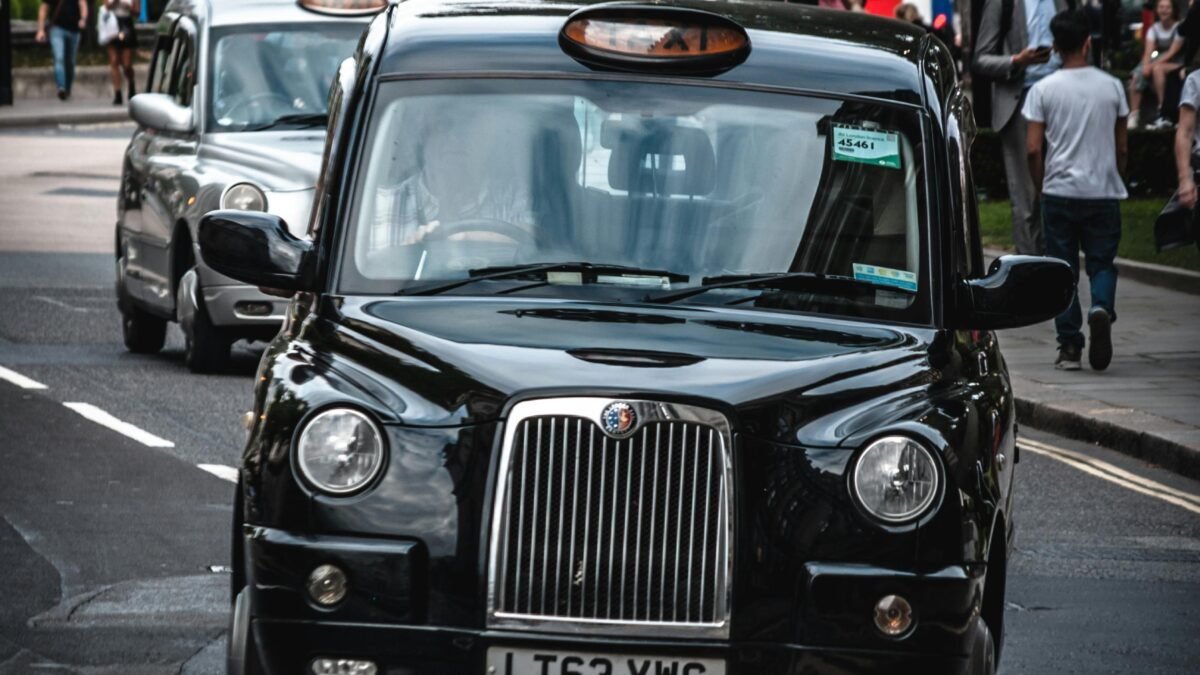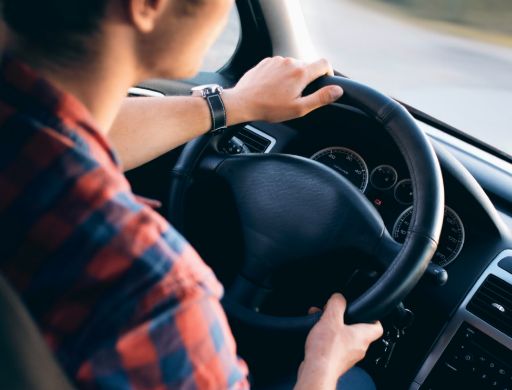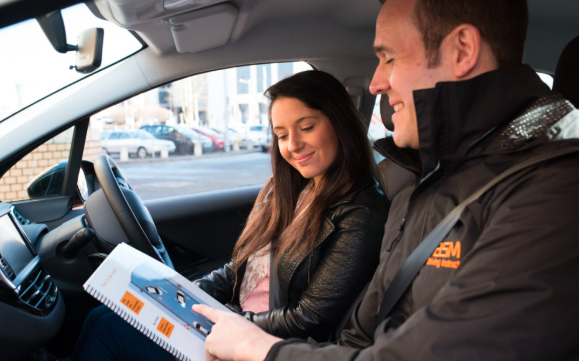
Night Driving Lessons for Beginners: Tips for Safe Driving
February 11, 2025
Beginner Driving Lessons for Adults: Learn to Confidence
February 11, 2025Passing the UK driving test can be challenging, but with proper preparation and knowledge, you can succeed on your first try. Understanding the test format, avoiding common mistakes, and practising efficiently will increase your chances of passing confidently. This guide will cover essential tips on how to pass the UK driving test on the first attempt successfully.
How to Pass the UK Driving Test on the First Attempt
- Study the Highway Code thoroughly. It contains all the rules and regulations that you need to know.
- Use online mock tests for practice. Many free and paid resources help simulate the actual test environment.
- Watch hazard perception training videos to improve your ability to recognize risks early.
- Take notes on the most frequently asked questions and scenarios in the test.
- Please get familiar with road signs and their meanings, as they are crucial in theory and practical assessments.
Practical Driving Test Overview
The practical test evaluates your driving ability under different conditions. It includes:
- An eyesight check to ensure you can read a number plate from a distance of 20 meters.
- “Show me, tell me” vehicle safety questions to test your car maintenance and safety knowledge.
- Independent driving is when you follow directions from a sat-nav or traffic signs.
- Various driving manoeuvres, including parking and reversing tasks.
Essential Tips for Passing the UK Driving Test
Choose the Right Driving Instructor
A professional instructor will provide structured lessons and ensure you are fully prepared. Look for an instructor with a high pass rate and positive student reviews.
- Ask for recommendations from friends or family.
- Choose an instructor who makes you feel comfortable and confident.
- Opt for instructors registered with the Driver and Vehicle Standards Agency (DVSA).
- Ensure they offer structured lessons tailored to your learning pace.
Take Sufficient Driving Lessons
Practice makes perfect. Ensure you complete enough lessons to feel comfortable handling different road situations, including:
- Roundabouts and junctions
- Dual carriageways
- Parallel parking and bay parking
- Emergency stops
- Navigating various traffic conditions and speed limits
To develop a high level of confidence, it’s advisable to take at least 40-50 hours of practice before your test.
Practice Independent Driving
During the test, follow directions from a sat-nav or traffic signs. Improve your navigation skills by:
- Practising driving without guidance from your instructor.
- Learning how to read and interpret road signs correctly.
- Understanding how to follow a route safely while maintaining focus on the road.
Perfect You’re Manoeuvres
The examiner will ask you to perform at least one manoeuvre. Common manoeuvres include:
- Reverse parking (parallel or bay parking)
- Pulling up on the right and reversing
- Forward bay parking
- Three-point turns (turn in the road)
Practice these regularly on different types of roads and in various traffic conditions.
Develop Safe and Confident Driving Habits
Driving safely and confidently is key to passing the test. Focus on:
- Observing surroundings and using mirrors frequently
- Maintaining appropriate speed limits
- Keeping a safe distance from other vehicles
- Being aware of pedestrians and cyclists
- Staying in the correct lane and signalling correctly
Stay Calm and Focused on Test Day
Nervousness can affect performance. Stay calm by:
- Getting a good night’s sleep before the test.
- Eating a light meal to maintain energy levels.
- Take deep breaths to stay relaxed.
- Arriving at the test centre early to familiarize yourself with the surroundings.
- Visualizing a successful test to build confidence.
Common Mistakes to Avoid During the Test
Avoiding common errors can significantly improve your chances of passing. Be mindful of:
- Failing to check mirrors before signalling or changing lanes
- Not stopping completely at stop signs
- Incorrect lane positioning at roundabouts
- Hesitating too much and causing delays in traffic
- Driving too slowly, which can be unsafe
- Not responding correctly to pedestrian crossings
- Improper clutch control, leading to stalling
- Overconfidence, which can result in reckless decisions
Expert Driving Lessons
At Astra Driving School, we offer expert driving lessons tailored to help learners pass the UK driving test successfully. Our professional instructors provide personalized guidance, mock tests, and constructive feedback to boost your confidence on the road.
We offer:
- Intensive driving courses for quick learners.
- Refresher courses are available for those who need extra practice.
- Defensive driving lessons for added safety.
- Highway driving sessions to enhance road awareness.
Conclusion
Passing the UK driving test on the first attempt requires preparation, confidence, and practice. Focus on perfecting your driving skills, learning the test requirements, and staying calm under pressure. With the right approach and mindset, you can succeed and enjoy the freedom of driving independently.
Astra Driving School is here to help with professional driving lessons and test preparation if you need expert guidance.
FAQs,
How many mistakes are allowed in the UK driving test?
You are allowed up to 15 minor faults, but one serious or dangerous fault will result in an immediate failure.
How long does the UK driving test take?
The practical test lasts about 40 minutes and includes independent driving and one man oeuvre.
What should I bring to my driving test?
You need your provisional driving license, theory test pass certificate, and a car that meets test requirements.
Can I use my car for the driving test?
Yes, but it must be insured, roadworthy, and have L plates.
What happens if I fail my driving test?
You can rebook the test, but you must wait at least 10 working days before retaking it.
How can I improve my hazard perception skills?
Practice using online hazard perception tests and focus on scanning the road for potential risks.
What should I do if I feel nervous before the test?
Take deep breaths, stay positive, and remind yourself of your training and practice.
When is the best time to book a driving test?
Avoid peak traffic hours and bad weather conditions. Mid-morning or early afternoon is ideal.




